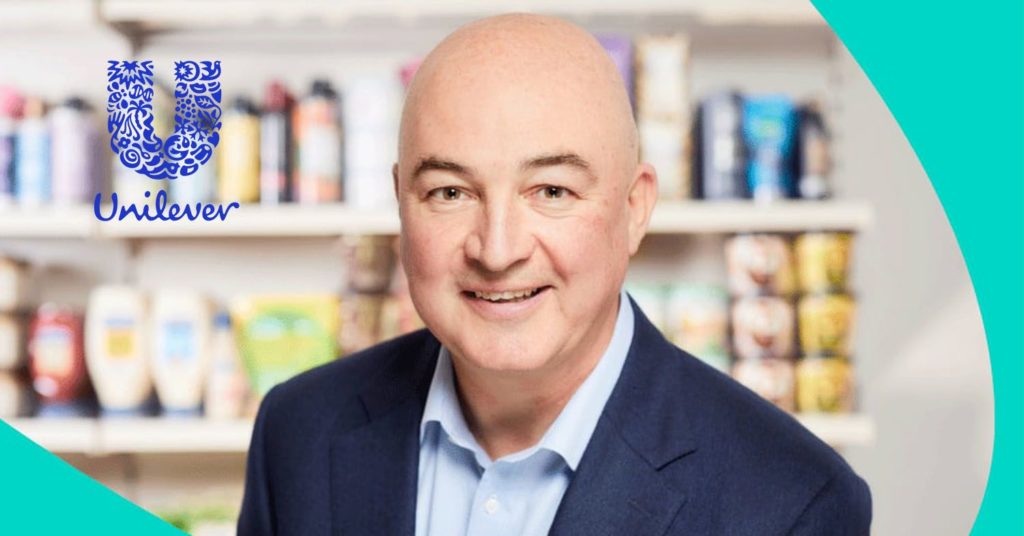The popularity of plant-based food is catching on worldwide, according to Unilever CEO Alan Jope.
The global consumer goods giant owns more than 400 brands, such as Ben & Jerry’s and Hellmann’s. It currently has a $242 million plant-based food business.
By 2028, Unilever aims to grow its vegan food business to $1.2 billion as part of its “Future Foods” ambition. This includes halving its food waste and innovating new products.
Jope called vegan food an “inexorable” trend. “We are seeing in every single country in the world a shift towards more plant-based diets, even in emerging markets,” he told The Guardian.
Unilever’s strategy has been simple; make vegan versions of well-recognized brands. Hellmann’s vegan mayonnaise launched in 2016 and Ben & Jerry’s began offering nondairy ice cream in 2017. Other Unilever brands, including Magnum and Breyers also produce vegan versions of products.

In December 2018, Unilever acquired meatless meat brand The Vegetarian Butcher. Nitin Paranjpe, president of food and drinks at Unilever said at the time that “this acquisition will help us to accelerate our journey towards more plant-based food.”
Since the acquisition, Burger King has launched The Vegetarian Butcher’s plant-based burgers in international markets, including Asia, Germany, the Middle East, and Latin America. It plans to launch across additional markets in the coming year.
Developing and Acquiring More Vegan Products
Plant-based meat sales are expected to grow stronger in restaurants and retail. According to a Barclays analysis, the global plant-based meat market will reach $140 billion by 2029. Unilever is open to additional acquisition opportunities. Jope explained that “we will take a look at” the right candidate.
Unilever also plans to develop and produce more vegan products under its existing brands at the Hive, the company’s food innovation center located on the Wageningen University campus in the Netherlands.
The region is known as the “Silicon Valley of Food” due to the strong presence of food technology-driven companies. In recent years, companies from margarine giant Upfield (which owns I Can’t Believe It’s Not Butter! and Country Crock) to AAK, which develops plant-based fats to improve the texture of vegan meat and dairy products, have opened innovation centers in the area.


